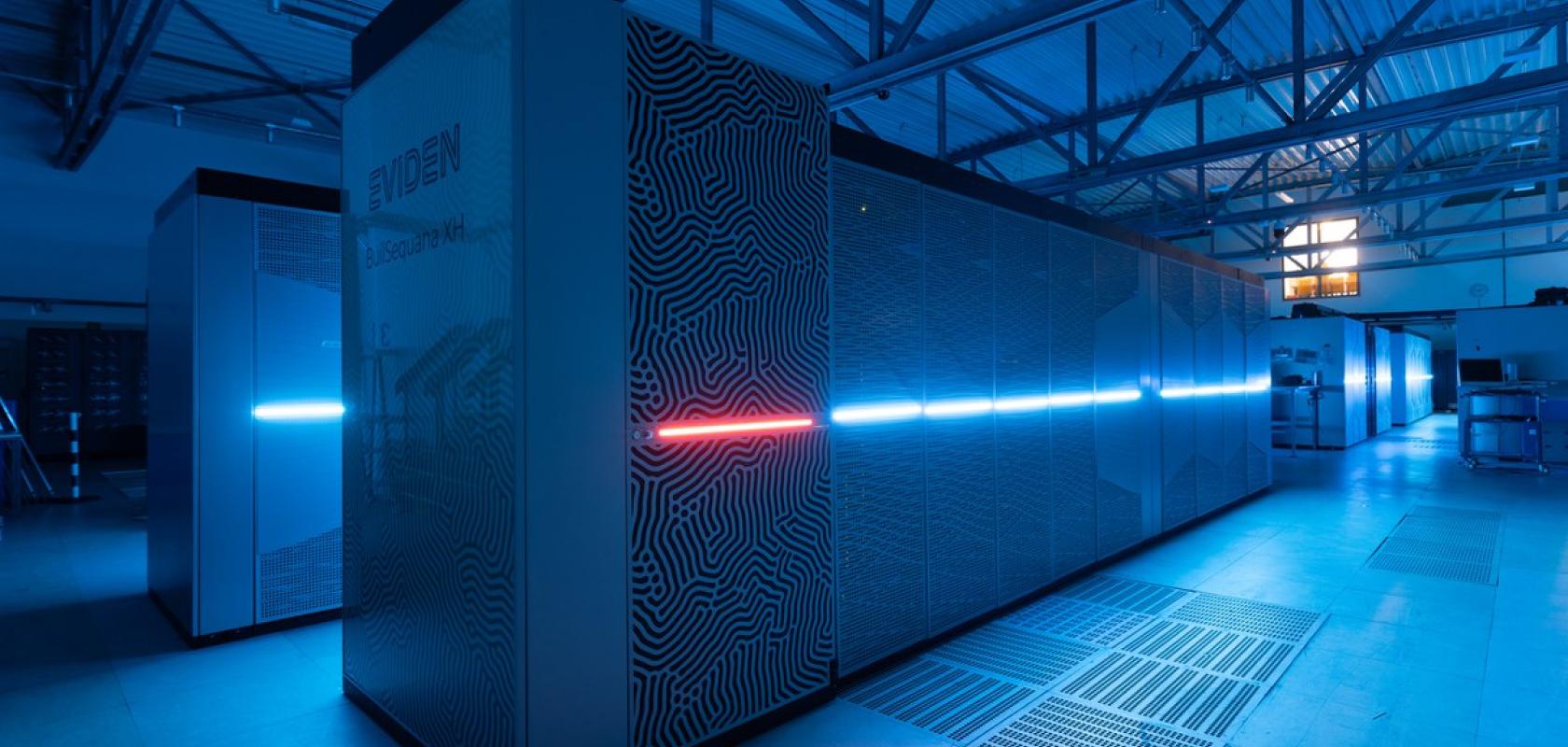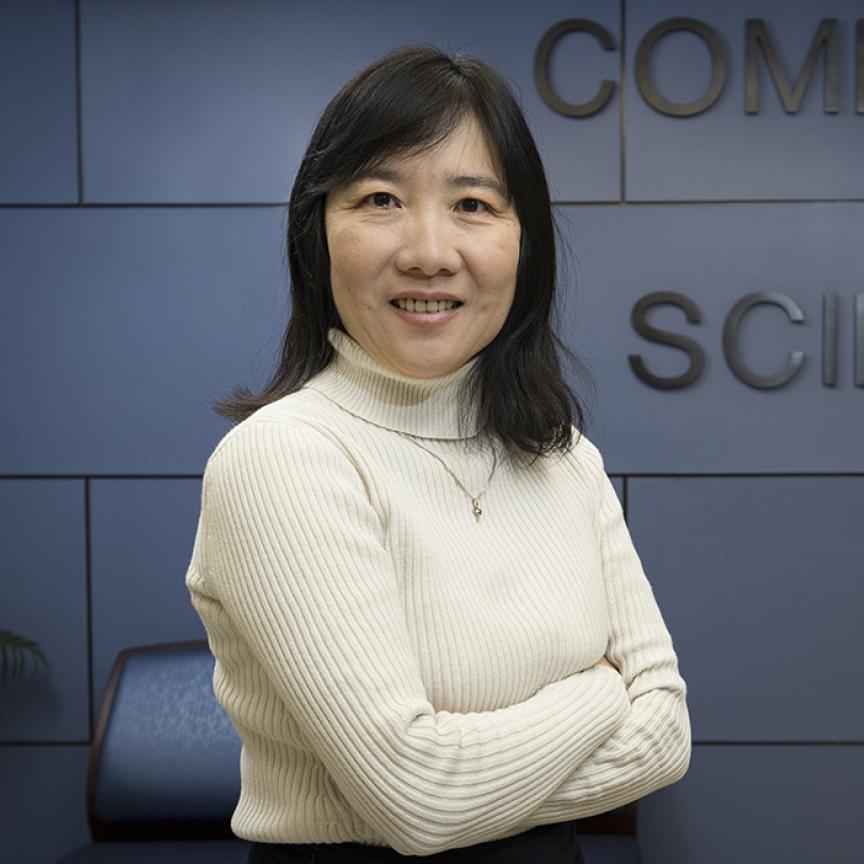The Gauss Centre for Supercomputing has partnered with German federal and state government funding agencies to promote the development of new generative artificial intelligence models through a competition that will leverage the power of the Jülich Supercomputing Centre’s (JSC) upcoming exascale supercomputer, JUPITER.
When JUPITER comes online, the system will host roughly 24,000 next-generation graphics processing units (GPUs), serving as the foundation for the centre’s advancements in training artificial intelligence (AI) applications. JUPITER helps strengthen Germany’s prominence in the international development and application of AI technologies. To further promote the AI uptake in German research and industry, the Gauss Centre for Supercomputing (GCS), along with the German Federal Ministry for Education and Research (BMBF), the State Ministry for Culture and Science of the State of North Rhine-Westphalia, the Ministry of Science Research and the Arts of Baden-Württemberg and the Bavarian State Ministry of Science and the Arts announced the “Gauss AI Compute Competition.”
In tandem with the system’s installation, the upcoming Gauss AI Compute Competition is intended to leverage the power of JUPITER to promote projects that not only effectively use the technology, but also demonstrate a high degree of societal impact and connectivity to the region to ensure knowledge transfer and practical implementation of the research across the broader scientific community. The competition supports the construction and expansion of Germany’s AI ecosystem, strengthening technological sovereignty in Germany and Europe, improving efficiency in both science and industry and delivering sustainable value to Germany’s and Europe’s research communities and society at large. The competition serves as a foundational piece for realising the next phase of the German Federal Ministry for Education and Research’s (BMBF’s) “High-Performance Computing for the Digital Age: Research and Investment for High-Performance Computing” program.
As part of the Gauss AI Compute Competition, researchers will, for a specified period, gain special access to JUPITER—roughly 15 million GPU hours will be available from the beginning of JUPITER’s operation. Researchers will be able to train new foundational models for AI applications that can impact key research areas that could especially benefit from generative AI models to support research and development activities.
Interested researchers who work at German universities, colleges, and research institutions are encouraged to participate. Commercial enterprises, in partnership with German education and research organisations, are also allowed to participate in the competition, as well as German federal, state, and local government institutions and other social organisations. Both seasoned HPC researchers and those new to the field are encouraged to apply. To support applicants in preparing their proposals, GCS offers preparatory access to its HPC systems.


